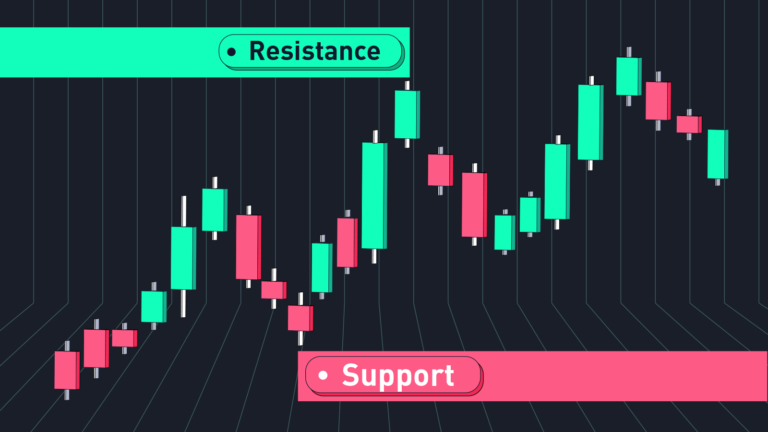
Overtrading is a common mistake that affects both beginner and experienced traders. It often stems from emotional decisions or the desire to maximize profits quickly. However, overtrading can lead to significant losses and psychological stress. This article explains why patience is a vital trait in trading and provides practical tips to avoid overtrading.
What Is Overtrading?
Overtrading occurs when a trader opens too many positions in a short period or trades excessively beyond their strategy. It often leads to:
- Increased transaction costs: Frequent trading means higher fees and commissions.
- Emotional decision-making: Overtrading often results from greed, fear, or frustration.
- Reduced focus: Managing multiple trades simultaneously can impair decision-making and analysis.
Why Patience Is Crucial in Trading
Patience is essential for several reasons:
- Improved decision-making: Waiting for high-probability setups helps you make more calculated trades.
- Risk management: Patience allows you to follow your trading plan and avoid impulsive decisions.
- Long-term profitability: Successful traders focus on quality over quantity, ensuring consistent results over time.
The Role of Patience in Market Analysis
Markets don’t always provide clear opportunities. Patience allows traders to analyze trends, patterns, and indicators effectively. For example, using tools like Moving Averages or RSI can help identify ideal entry and exit points, but these signals often require waiting.
Tips to Avoid Overtrading
1. Stick to a Trading Plan
A well-defined trading plan includes criteria for entering and exiting trades, risk management rules, and a clear strategy. By adhering to your plan, you reduce the temptation to overtrade.
2. Set Daily or Weekly Limits
Establish a maximum number of trades per day or week. This helps you focus on high-quality setups and prevents emotional trading during periods of market uncertainty.
3. Focus on Quality Over Quantity
Successful traders prioritize quality trades over frequent transactions. Analyze market conditions carefully and wait for setups that align with your strategy.
4. Take Breaks
If you feel the urge to overtrade, step away from your trading platform. Taking breaks helps clear your mind and reduces the risk of emotional decisions.
5. Track Your Performance
Maintain a trading journal to evaluate your performance. Reflecting on past trades can help identify patterns of overtrading and areas for improvement.
Common Signs of Overtrading
Watch for these warning signs:
- Opening multiple trades without clear justification.
- Ignoring your trading plan or risk management rules.
- Feeling anxious or frustrated after trades.
Conclusion
Patience is a critical skill that can significantly improve your trading outcomes. By avoiding overtrading, you not only protect your capital but also maintain a healthier mindset. Remember, quality trades based on thorough analysis and discipline often lead to long-term success.
For more trading tips and strategies, visit our blog or explore more resources on our website.